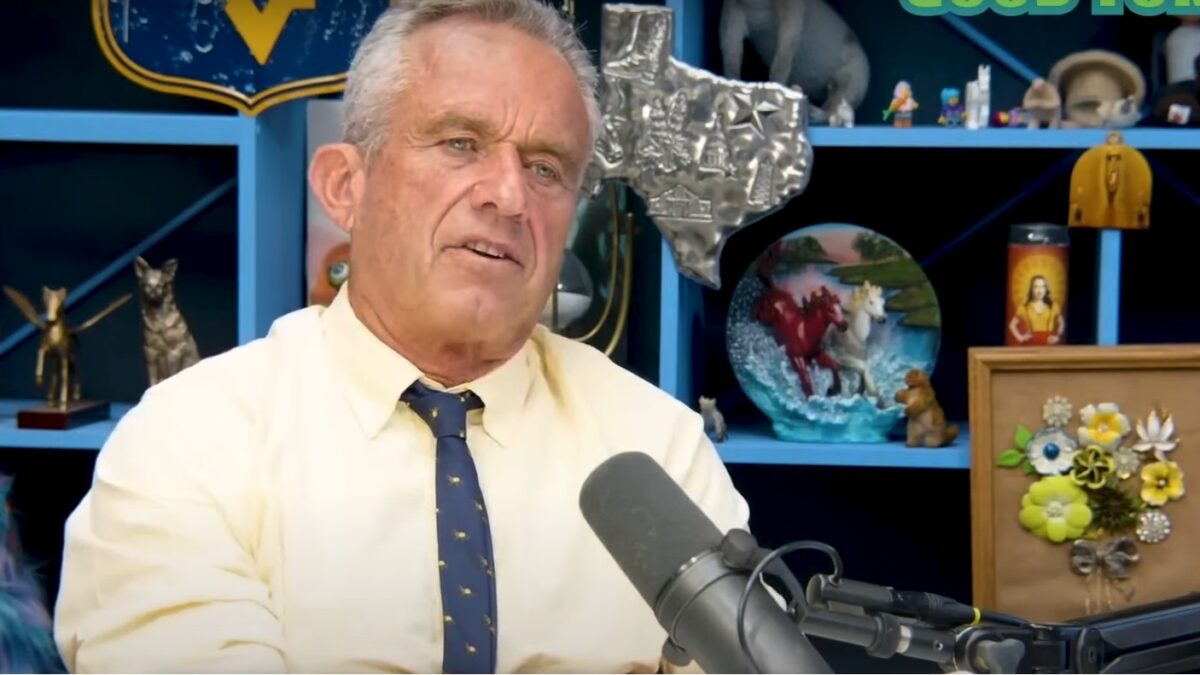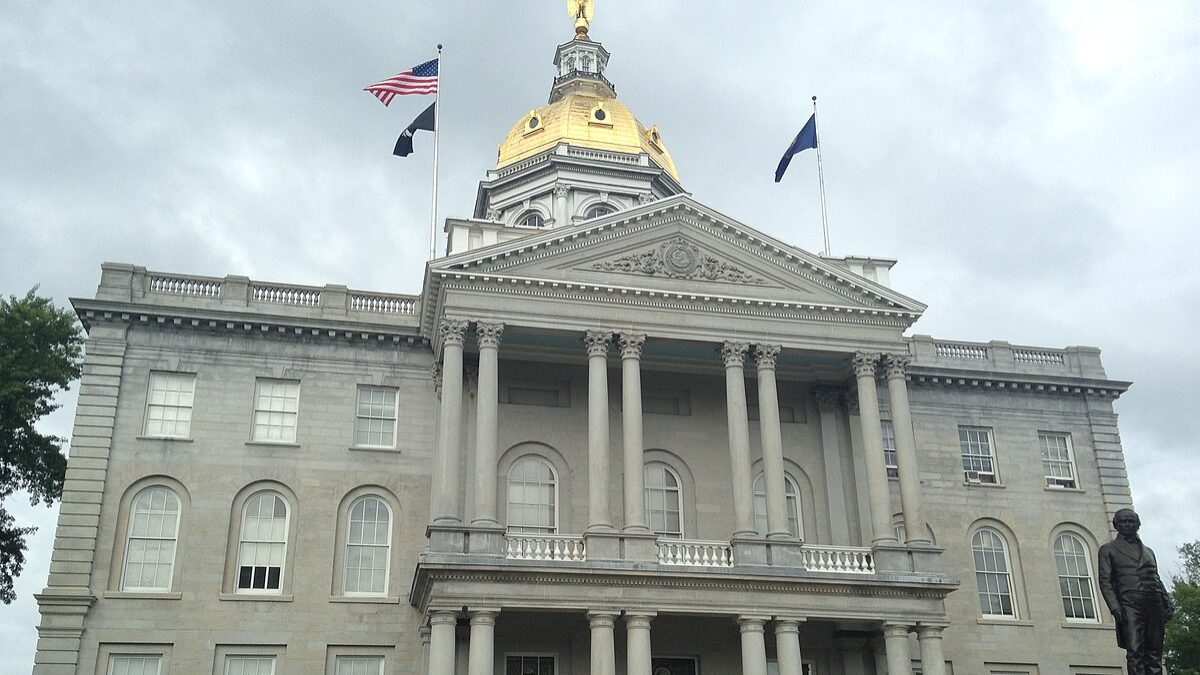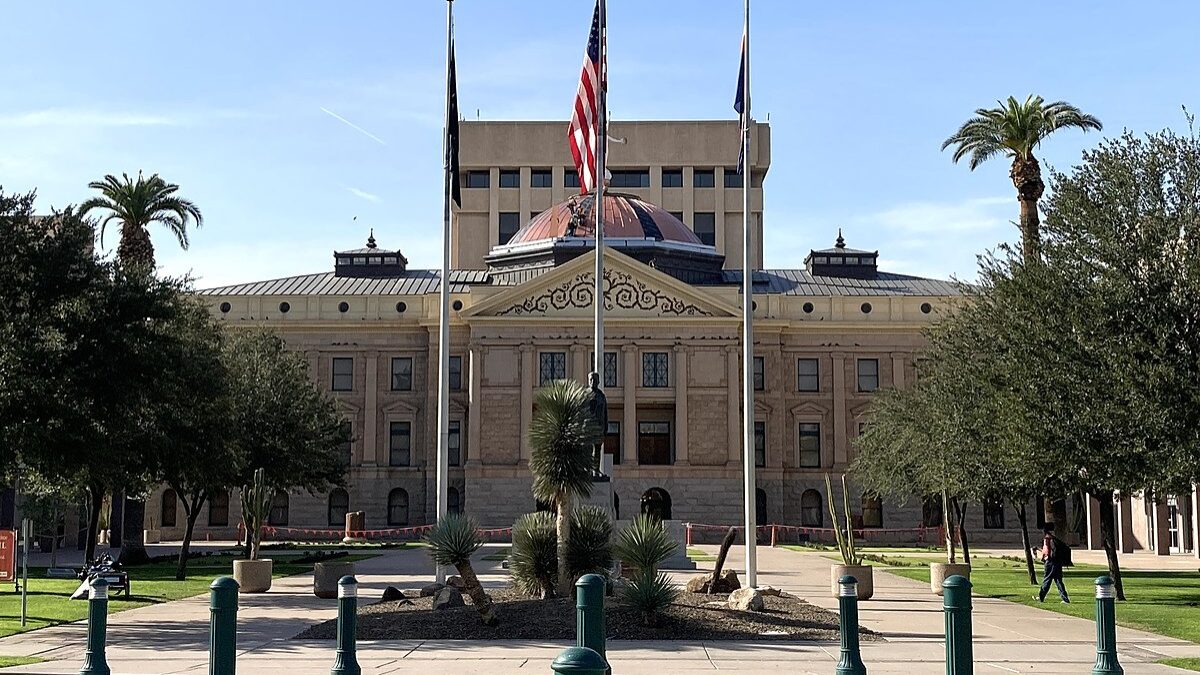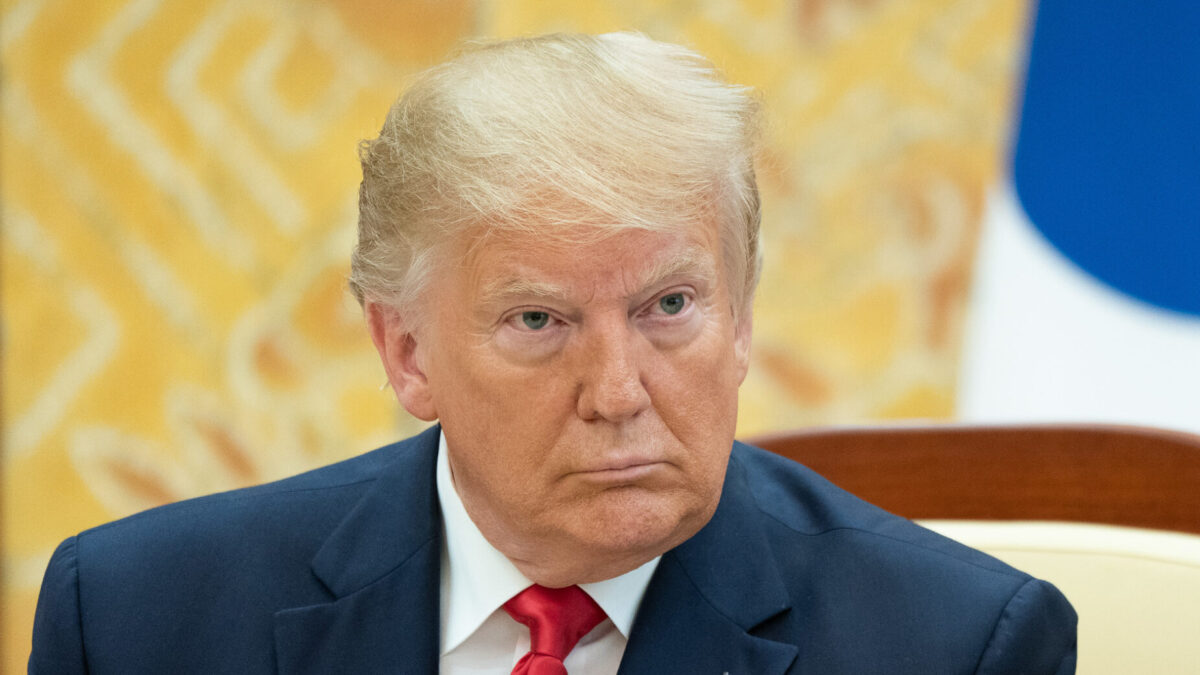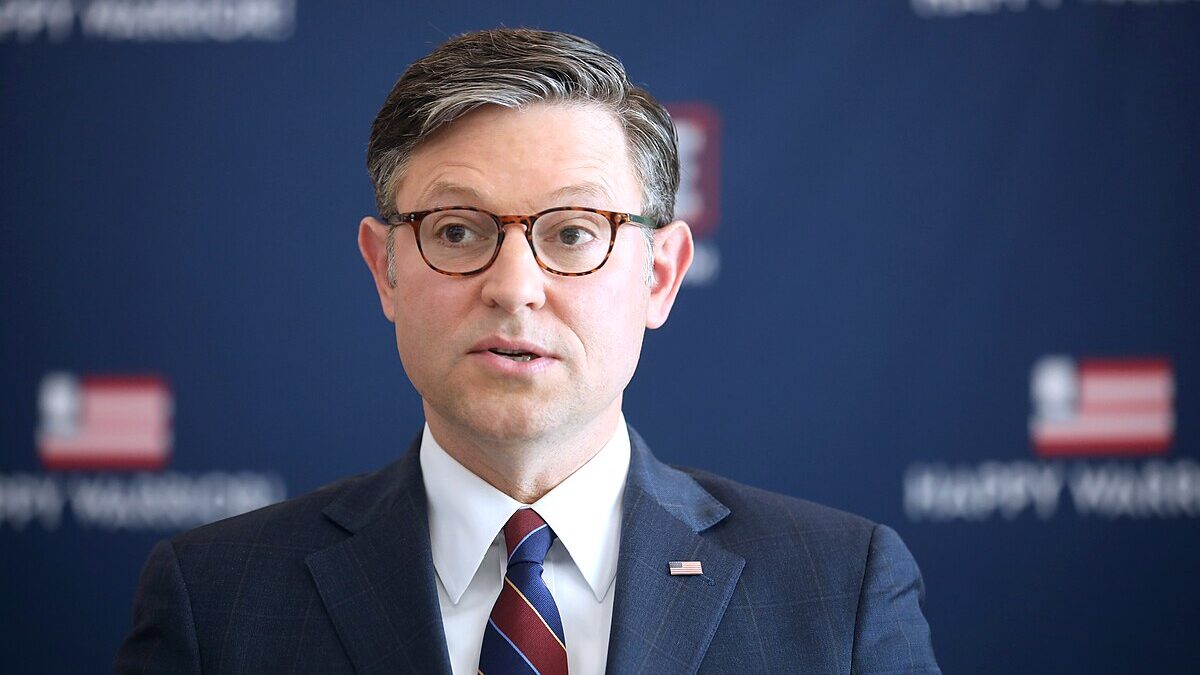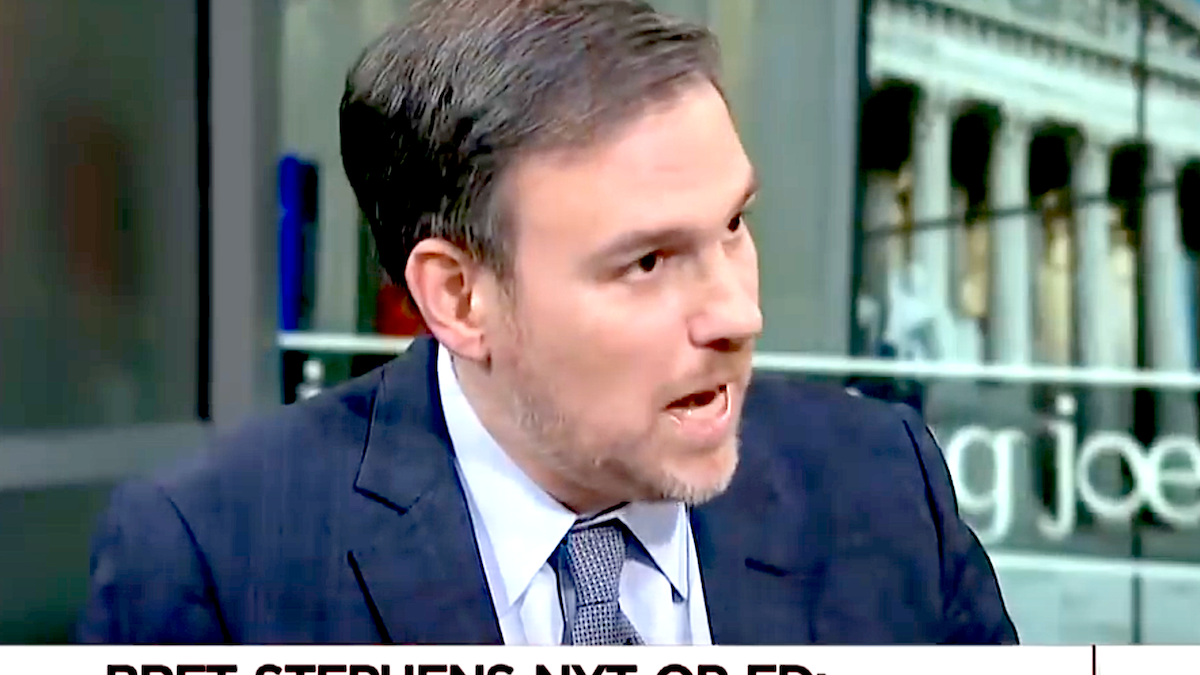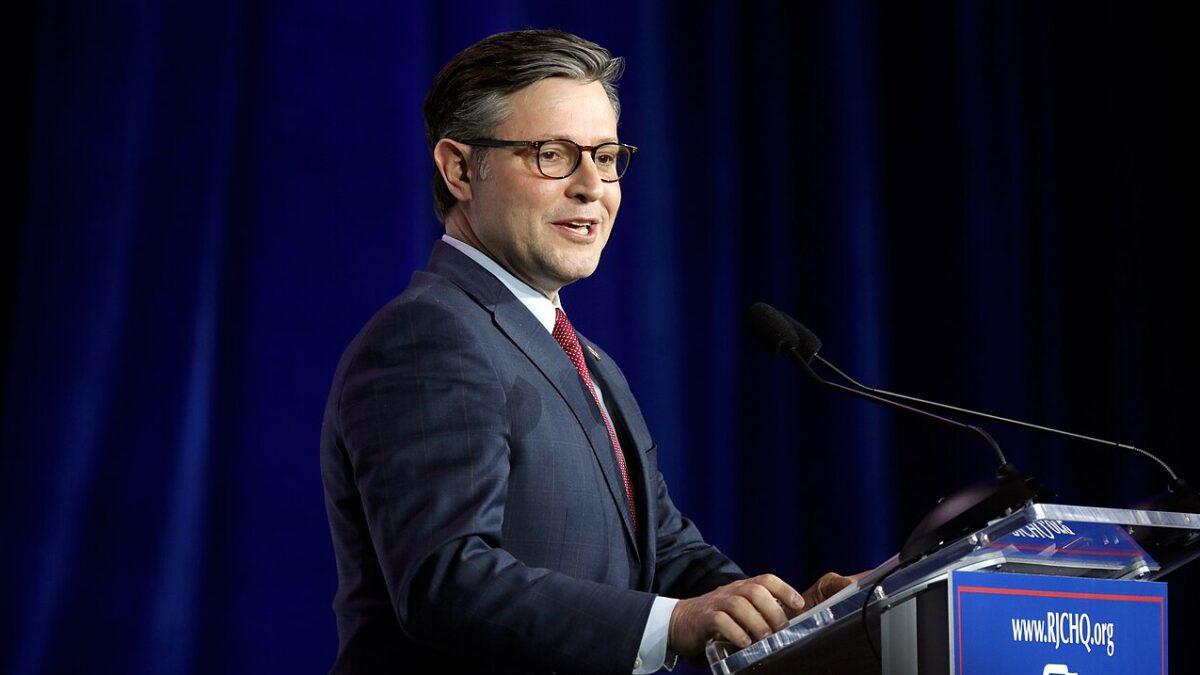Recent polling data shows independent presidential candidate Robert F. Kennedy Jr. will likely have a substantial effect on the outcome of the 2024 election. In fact, some data suggest his campaign is the most important factor currently affecting the race.
For example, a November New York Times/Siena College poll of likely voters in Wisconsin, a swing state, found that Kennedy has the support of 21 percent of voters in that state, compared to 37 percent for President Joe Biden and 35 percent for former President Donald Trump.
Similarly, a Morning Consult survey of registered voters in Michigan, another key battleground state, shows Kennedy with 10 percent support. Biden had 38 percent and Trump received 37 percent of support from voters.
Recent polls in other swing states — including Georgia, Nevada, North Carolina, and Pennsylvania — show similar results.
Perhaps most notable of all, an important national survey of registered voters by Quinnipiac University, published in early November, revealed that a whopping 22 percent of voters nationally say they would cast their ballots for RFK Jr. in a three-person race with Biden and Trump. Quinnipiac further found that Kennedy is likely to draw more voters away from Trump than from Biden.
RFK Jr.’s Pitch to the Right
There are numerous reasons why Kennedy has in recent weeks gained additional attention from potential voters. One of the most important is that he has made a strong appeal to many conservatives and libertarians who are unhappy with the prospect of another presidential election with Trump at the top of the Republican ticket.
In Kennedy, some on the right only see an anti-establishment independent who is willing to take on elites in both parties. RFK Jr.’s campaign has attracted others because he has taken prominent libertarian-aligned stances on a handful of important issues, such as the Covid-19 lockdowns and vaccine mandates.
Although it’s true that Kennedy is not your average establishment Democrat, he’s certainly not aligned with conservative or libertarian values. On some issues, he’s even further to the left than Biden. RFK Jr.’s policy proposals on issues related to climate and energy development serve as good examples.
A Lifelong Climate Radical
Kennedy, a highly influential environmental lawyer, has a long track record of taking radical positions on climate change.
In 2014, RFK Jr. wrote an article titled “Jailing Climate Deniers,” in which he called upon governments to give the corporate “death penalty” to businesses and pro-liberty think tanks who dare to suggest that climate change is not an existential threat to humanity.
His 2024 campaign website suggests that he can fix America’s “floods and droughts,” “fires,” and “wacky” weather with a slew of new government programs. These include ones that “incentivize the transition of industry to zero-waste cycles and clean energy sources, and forge agreements with other countries to implement these policies throughout the global supply chain.” This a policy position that is clearly in line with that of the Biden administration, as well as members of the socialist wing of the Democratic Party, such as Sen. Bernie Sanders, I-Vt.
Kennedy further says he will “protect wild lands from further development, by curbing mining, logging, oil drilling, and suburban sprawl” — a radical policy embraced by only the most socialistic members of the Democratic Party.
Kennedy’s promise to reduce or stop mining, logging, and drilling for oil would not only be catastrophic for the millions of Americans who work in these and related industries, but it would also dramatically increase the cost of energy at a time when electricity prices are already extremely high.
Data from the U.S. Bureau of Labor Statistics and the St. Louis Federal Reserve Bank shows that since Biden has become president, average U.S. city electricity costs have been higher than at any other time in history. (The earliest date available in the data is 1978.)
Even more troubling, Kennedy’s promise to limit “suburban sprawl” — a term most often used by the left that means preventing more suburban housing from being built — would be catastrophic for millions of middle-class American families who are already struggling to find affordable homes.
RFK Jr.’s Far-Left Economic Proposals
Environmentalism isn’t the only area where Kennedy aligns with the far-left either. He has also promised to raise the federal minimum wage to $15, a goal long shared by Sanders. And he wants government policies that will strengthen the power of unions, which remain a key ally of the Democratic establishment.
RFK Jr. has said he plans to gut the military of much of its spending and then redirect it to social and welfare programs, including a huge new federal childcare program and a program to cut interest rates for student loans down to zero.
Kennedy also supports raising taxes and “regulatory scrutiny” on corporations, despite the fact that large businesses employ half of all U.S. workers.
Additionally, Kennedy has said he wants the government to cap interest rates for many U.S. mortgages to 3 percent, not by fixing prices, but rather by having the government cover the cost of interest above 3 percent. Although I have yet to see a full cost analysis of the plan, it’s likely that if it were approved, it would be one of the most expensive government housing programs in American history.
A Mixed Record on Life and Health
On hot-button social issues like abortion, Kennedy has said both that he supports a federal 15-week ban and that he supports no restrictions at all, so no one really knows where he stands on the issue.
Kennedy has received a lot of praise from some conservatives for opposing Covid-19 lockdowns and vaccine mandates — good libertarian positions — but few on the right have noticed that on other health care-related topics, Kennedy skews far to the left.
For example, RFK Jr. has said that his “highest ambition” for health care reform is to have a “single-payer” government plan that would allow anyone to join a Medicare-like program. This is a policy that in previous years the left has referred to as the “public option.”
Some might think having the option for anyone to join Medicare is a good alternative to a government takeover. The truth, however, is that the public option would eventually drive all health insurers out of business, forcing everyone to enroll in a government plan. Private insurers could never compete with the federal government, which has the power to spend trillions more every year than it takes in.
RFK Jr. does promote some limited government, anti-establishment policies that conservatives and libertarians strongly support, but his leftist proposals far outweigh them.
Kennedy might not be easily defined, but one thing is abundantly clear: He’s no friend to conservatism or libertarianism.
